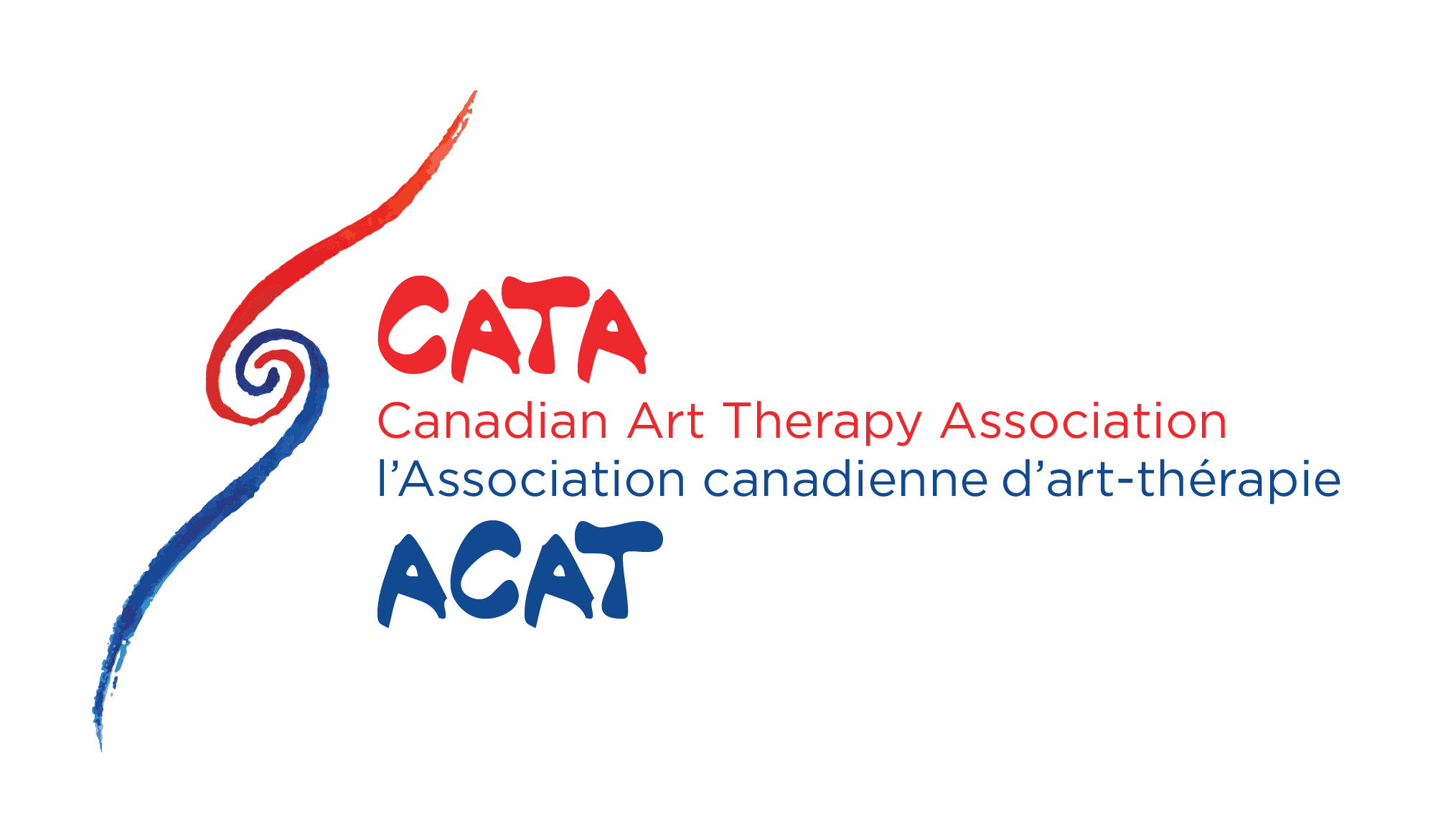Call for Papers: Canadian Journal of Art Therapy
The Canadian Journal of Art Therapy invites article submissions for our special issue, titled Community, Nature, and Art Therapy: Relational & Reciprocal Healing.
Deadline: January 15, 2023 **Extended to February 15, 2023
Long before the COVID-19 pandemic, people sought nature and creativity as a sanctuary for healing (Pike, 2021). The innate sense of awe when encountering a peaceful landscape can feel restorative particularly during times of global strife, neoliberal hegemonic social injustices, profound loss, pandemics, and climate change crises. As art therapists, healers, and even young children, many of us are intrinsically aware of connecting to artmaking to the natural environment. In 2022, the World Health Organization (WHO) held an arts-based event for World Health Day that centralized the relationships between healthy environments and creative communities as integral to health. The WHO contextualizes the importance of these relationships by sharing:
Human caused climate change has created an existential threat to life on this planet and has dramatically altered our health and wellbeing as well as our conception of ourselves and our place in the world. It is in this spirit that we have called together care providers and artists across genres and geographies who recognize the relationship between planetary and human health. Health care providers are prescribing nature visits to increase vitality and reduce stress and anxiety. Artists are using the transformative power of the arts to promote awareness, dialogue, imaginative action, and a sense of reconnection. (World Health Organization, 2022, para. 1)
As communities are moving towards outdoor spaces after periods of isolation during the COVID-19 pandemic, this year’s CATA/ACAT Symposium (2022), titled Relationship & Reciprocity, asks art therapists to explore the healing relationships between natural environments, communities, and creative artmaking. Therefore, in Volume 35, Issue 2, we invite authors and researchers to consider the interconnections between healing, communities, landscapes, and art therapy through innovative research practices and methodologies. Topics can include the following themes:
Reciprocity with the environment through land-based practices, ecopsychology, eco-art therapy, and nature-based art therapy
Eco-sensitive art therapy materials and practices
Cultivating relationships with collective and community healing through the arts and art therapy
Art therapy research, theories, and practices that confront and subvert neoliberalist hegemony
ARTtivism, resistance, and social justice in art therapy
Anti-racism, anti-oppression, anti-colonial, feminist, and environmental justice art therapy models, practice, materials, and research
Art therapy in transient spaces for refugees and forcibly displaced people
Arts-based research, community-based participatory-action research, Indigenous research and poetic inquiry methodologies
New paradigms and models that centralize interrelationships, reciprocity, materiality, slow artmaking, subjectivities, and community connections within art therapy
BIPOC art therapists’ models, paradigms, practices, research, materials, and perspectives
Addressing the climate crisis with art therapy.
References
Pike, A. A. (2021). Eco-art therapy in practice. Routledge.
World Health Organization (WHO). (2022, 5 April). Visions and voices of a healthy planet: A Healing Arts event for World Health Day 2022. Newsroom. https://www.who.int/news-room/events/detail/2022/04/05/default-calendar/visions-and-voices-of-a-healthy-planet-a-healing-arts-event-for-world-health-day-2022
Types of articles:
The Canadian Journal of Art Therapy: Research, Practice, and Issues welcomes submissions of diverse forms of original empirical research that are guided by CATA’s Ethical Standards of Practice. Submissions may include:
Art Therapy Research Articles: Articles that have a clear research methodological base and theoretical orientation. Length: 2000-4000 words, including photographs.
Art Therapy in Practice: Practical applications and tools of art therapy practice, based in contemporary literature and a theoretical orientation. Length: 2000-3000 words, including photographs.
Art Therapy Approaches: Theoretical contemplations and inquiries based on historical and contemporary research Length: 2000-3000 words, including photographs.
Soundings: Perspectives, opinions, proposals, and artistic responses. This research must also include theoretical orientation and relevant literature. Length: 2000 words including photographs.
Book Reviews: Please contact editor: journal@canadianarttherapy.org
For more information, please see: https://www.canadianarttherapy.org/submissions/
Submission Instructions
Please submit your manuscript to the journal’s editorial manager system: https://www.editorialmanager.com/ucat/default.aspx
Guidelines for submissions:
Send submissions in MS Word format; blinded for peer review.
Manuscript format: typewritten, double-spaced, with margins of at least one inch on all sides.
Do not include headers, footers or other types of special formatting.
Number manuscript pages consecutively throughout the paper.
Provide an abstract that summarizes the article (100 to 250 words). Avoid abbreviations, diagrams, and reference to the text in the abstract.
Refer to the Publication Manual of the American Psychological Association, Seventh Edition (Quick Reference Guide) for guidelines to prepare references, citations, and general style of manuscripts).
For more information on submission guidelines, see: https://www.tandfonline.com/action/authorSubmission?journalCode=ucat20&page=instructions
Please note that the Canadian Art Therapy Association Journal also accepts submissions on an ongoing basis for upcoming publications.
Artwork: Nourishing Spheres by Haley Toll
